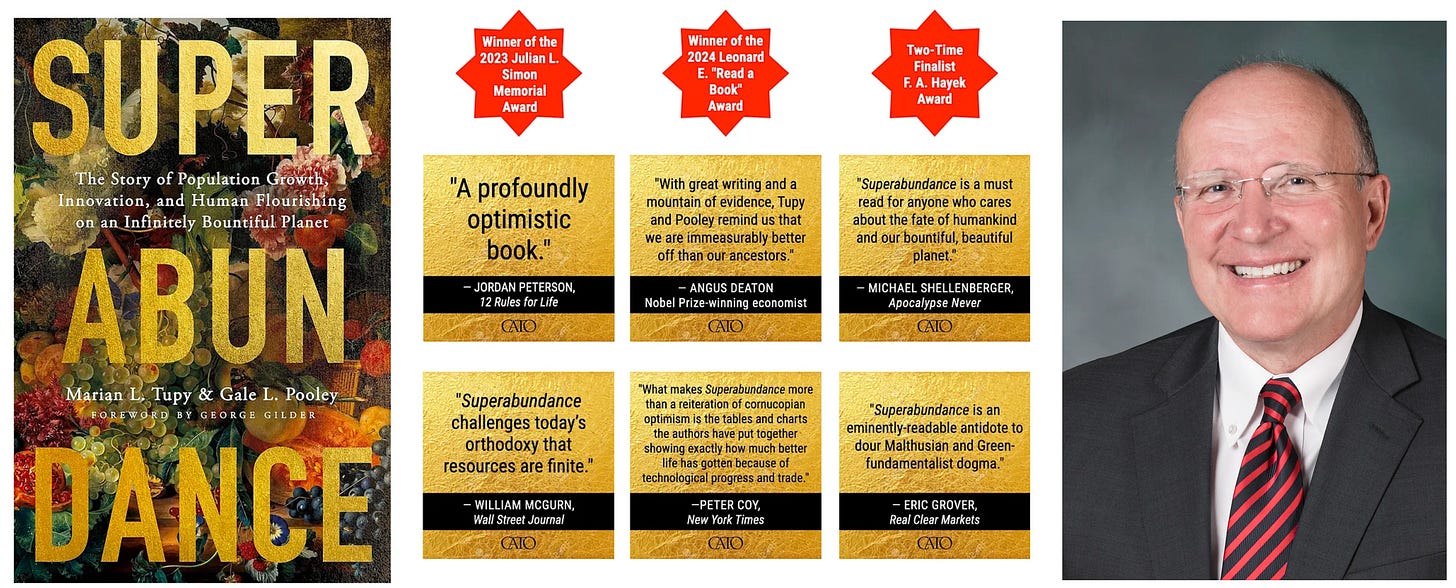Steve Jobs unveiled the first iPhone on January 9, 2007. The 4GB model sold for $499. At the time, unskilled workers earned an average of $9.87 per hour, making the time price of the iPhone 50.5 hours.
Fast forward to today: the iPhone 16 is priced at $799, while unskilled workers earn $17.17 per hour. That brings the time price down to 46.5 hours—a reduction of four hours.
The real question is: How much more are you getting for four hours less work? Today’s iPhone offers vastly superior memory, speed, screen quality, and functionality—not to mention access to over 1.9 million apps on the App Store.
To measure the difference in value, I asked friends how many original iPhones it would take to trade for their current iPhone 16—ignoring collector value. No one was willing to make the trade at any number. That suggests the iPhone 16 isn't just better—it's infinitely better.
The iPhone is our Infinity Gauntlet—arguably the most creative-destructive device ever invented. It has rendered countless products obsolete while generating immense new value. With AI, its power may soon go exponential.
I’ve often wondered why Thanos didn’t use the Infinity Stones to create more resources instead of wiping out half of all life. After all, human beings can discover new knowledge—and since there’s no limit to what remains undiscovered, we can continually innovate, transforming the universe’s finite atoms into effectively infinite resources.
As Jennifer Grossman of the Atlas Society puts it: “Humans aren’t a drain on resources—we are the resource. We're the ones who discover, innovate, and find new ways to make more out of less.” Let’s fill the universe with life.
Tip of the Hat: Harry Fletcher-Jones @hfletcherjones
Learn more about our infinitely bountiful planet at superabundance.com. We explain and give hundreds of examples why more people with freedom means much more resource abundances for everyone in our book, Superabundance, available at Amazon.
Gale Pooley is a Senior Fellow at the Discovery Institute, an Adjunct Scholar at the Cato Institute, and a board member at Human Progress.






